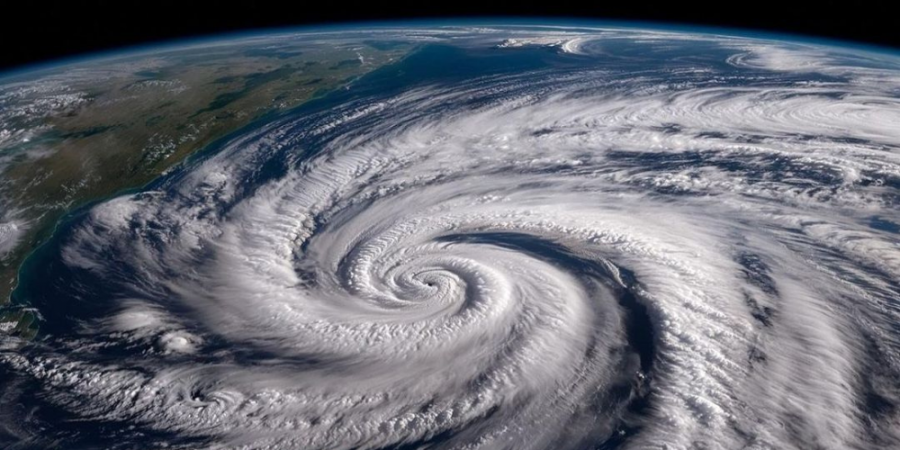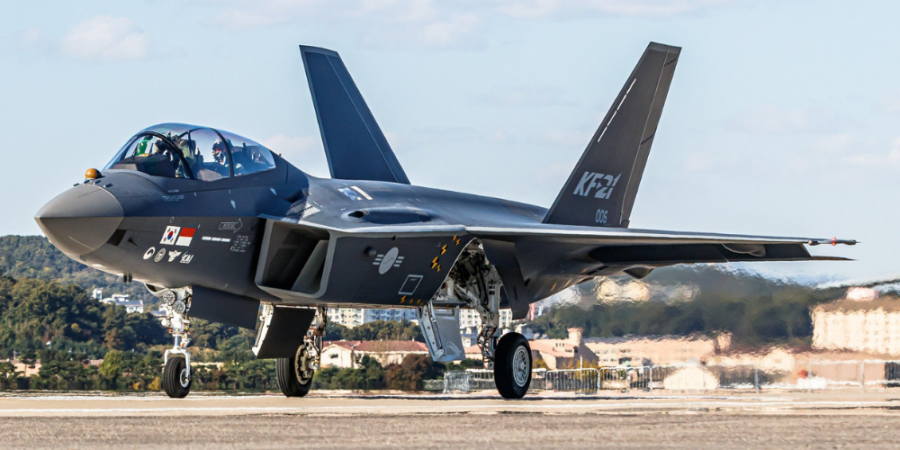Politics in the swamp is same as usual. Trump haters continue to push for impeachment that may never happen. CNN endlessly writing about Trump’s eating and drinking habits behind White House’s closed doors. Meanwhile, the world is inching towards the next great war – and it might not be Kim Jong Un’s nuclear missiles that could start it.
Could the Next Big War be Caused by Accident?
Experts are becoming increasingly fearful that the next deadly war could be a result of miscalculations and blunders instead of a carefully planned attack. 2018 kicked off in a big way with a false missile alarm in Hawaii in the midst of high tensions between the U.S. and North Korea.
More mistakes followed as an Iranian drone was drowned in Israel, an Israeli jet drowned in Syria, and U.S. bombing killed as many as 100 Russian mercenaries in a Syrian attack. These recent unfolding of accidents, all consequences of a growing atmosphere of mistrust among nations, are raising alarm bells among experts that a new global conflict may be on the horizon. And it could all happen due to one small mistake.
Political interactions at a global stage are bound to hold a certain level of miscalculations or human error which can be dealt with through negotiations and collusions to prevent further escalation. But these miscalculations, in the current atmosphere of political instability and complexity of conflicts tangled into each other, can prove to be far more dangerous than they were in the past.
Increasing Nuclear Risk
Ernest Moniz, a former U.S. secretary, said during the Munich Security Conference that current risk of a nuclear war has even surpassed the Cuban missile crisis, but it is hard to assess the potential of the threat since it doesn’t involve the same intentional initiation and planning as the historic missile crisis. Instead, the probability of war in the current situation stems from the many accidents and blunders made on a global level.
According to Moniz, the prime reason for a risk of nuclear war is the strained relationship between the U.S. and Russia which seems to getting worse by the day. Mistakes and blunders have also found their way on the number 2 spot on Eurasia Group’s list of biggest risks for starting a year, closely following China’s increasing influence in the international community. The report explains that nations must tread these cases carefully to avoid any misstep that could potentially create a major conflict.
Risk of Cyberattacks
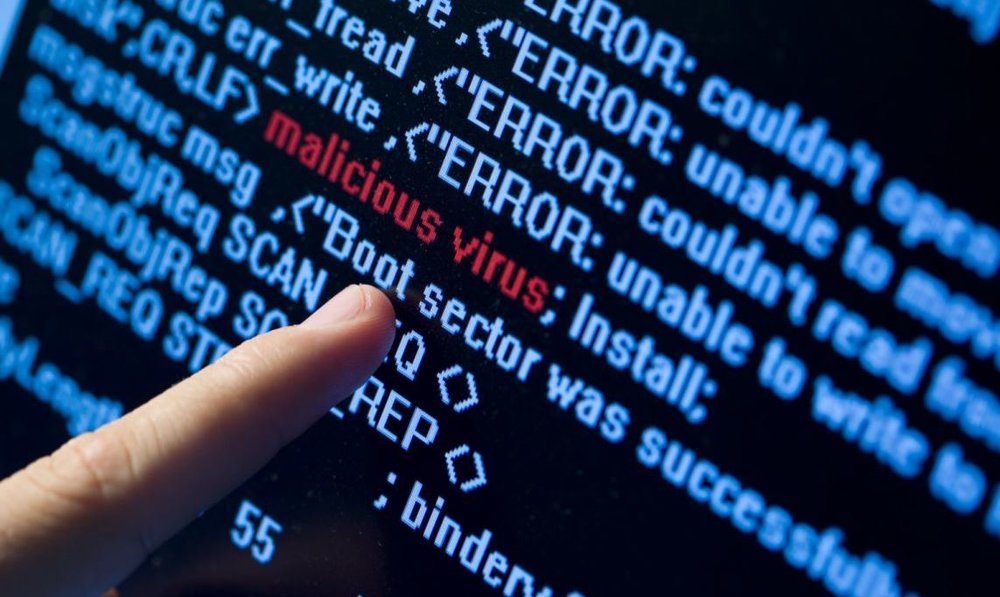
Cyberattacks are in the top-three risks to society, right next to natural disasters
Accidents don’t just happen on a physical battlefront. In the current age of technology, threats are emerging on multiple platforms, with one of them being the cyberspace. The Eurasia group has admitted that dangerous malwares are beginning to appear in American infrastructure and a potential cyberattack could damage the nation’s economy heavily, and spark a serious reaction.
Multiple Players Acting in Syria
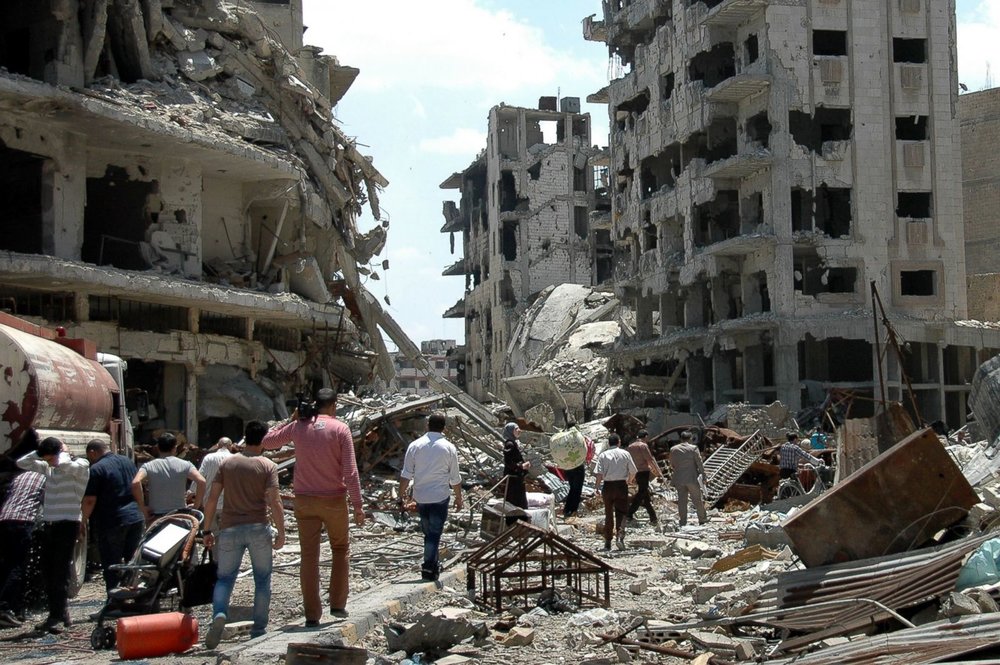
Many believe the Syrian rising conflicts could easily lead to WW3
SIPRI director Dan Smith says that we now live in a multipolar world where even a small crisis could erupt an all-out war. In the light of the recent blunder on Syrian grounds which resulted in the loss of dozens of Russian lives, the consequences of human error become even more serious, especially in situations where multiple players exist in a single playground.
Karin Von Hippel, the director of a British think tank, Royal United Services Institute, says that several different state and non-state opposing forces including Russia, Israel, Hezbollah, Turkey, U.S., Saudi Arabia and Iran are acting on the Syrian grounds at the moment, creating a dangerous cocktail in a multipolar world.
U.S. Losing Stabilizing Power
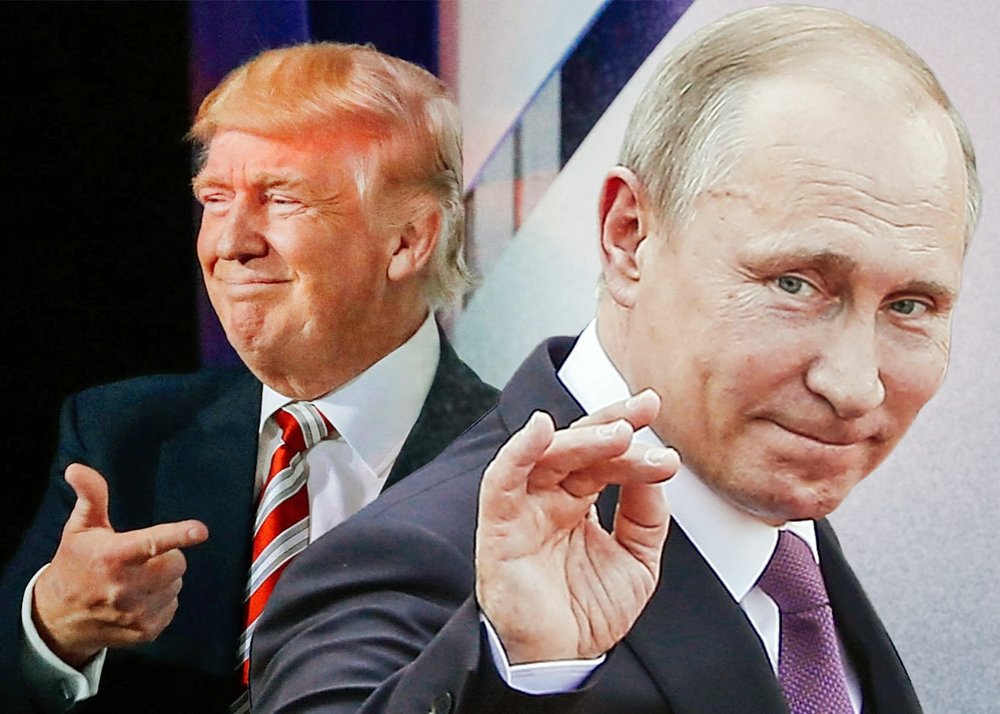
Since the election of Donald Trump as the 45th president of the United States, the country has retreated from its role of keeping peace and stabilization in the world. In fact, Trump’s stance on various international issues have made him a destabilizing force, escalating the risk of war even further. The exchange of furious comments and threats between Kim Jong Un and Donald Trump are the leading example of U.S. declining authority in matters of peace and human rights.






